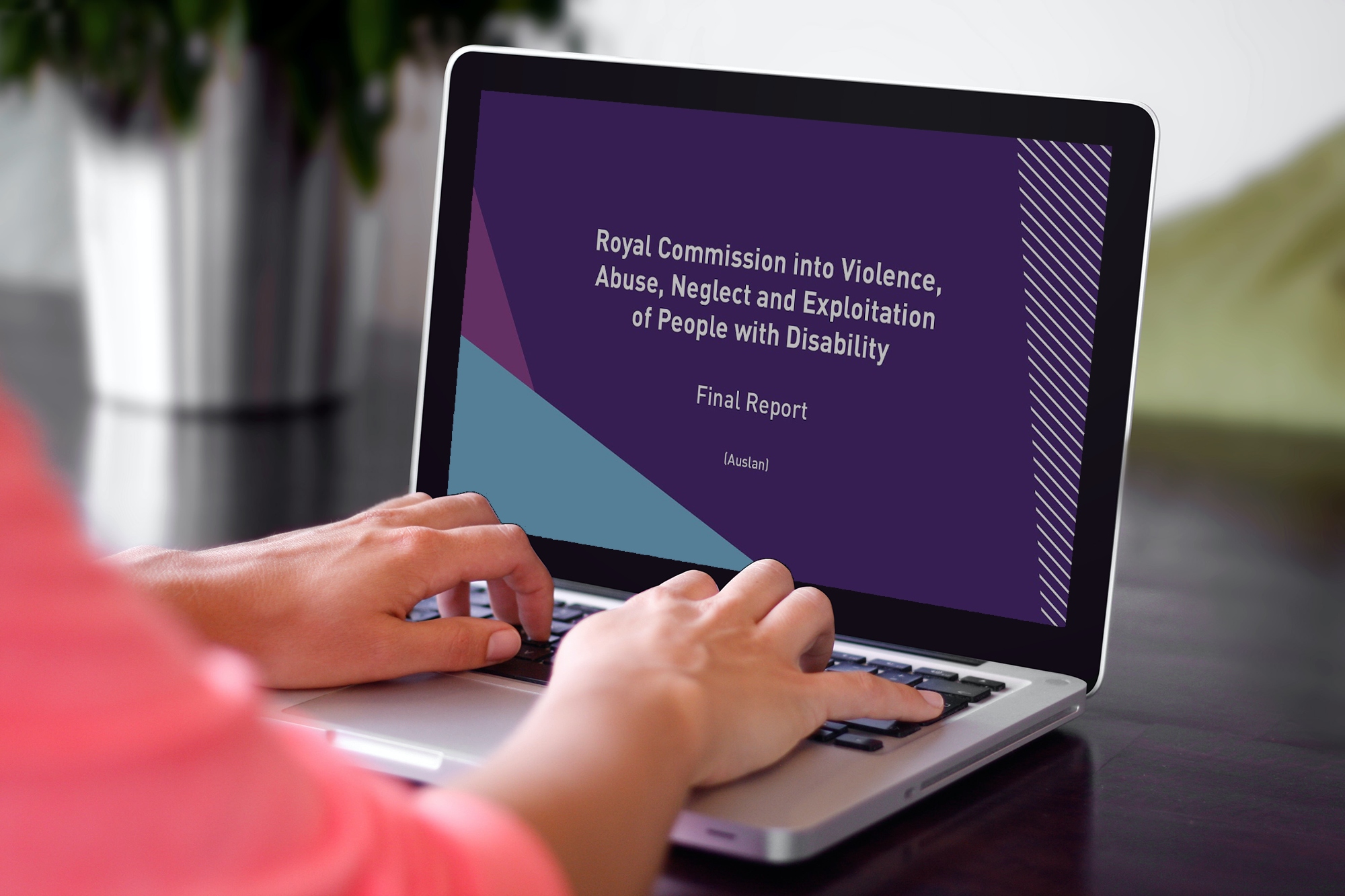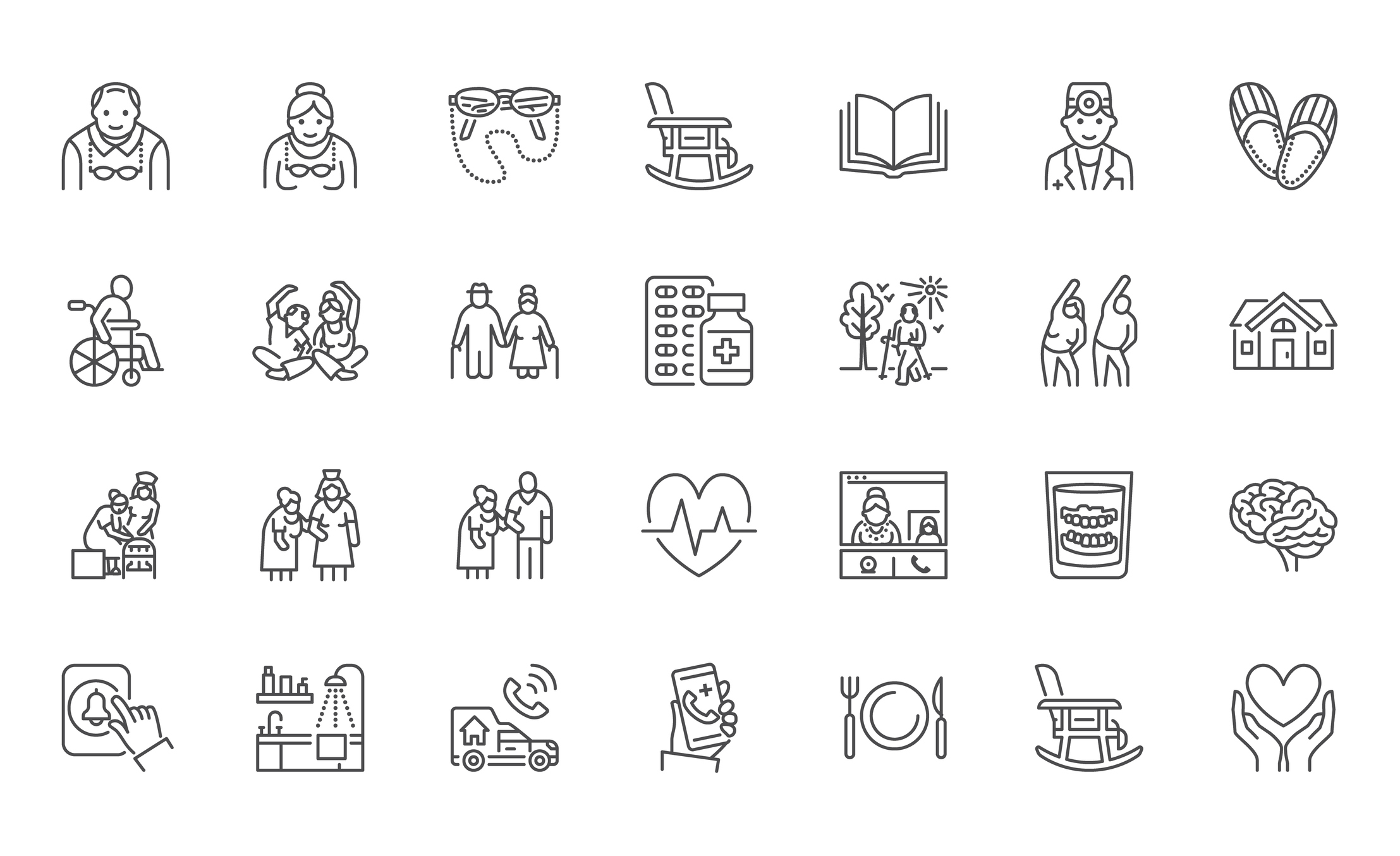Restrictive practices are practices which involve the use of actions, methods and interventions that restrict the rights or freedom of a person with a disability. The main categories of restrictive practices are restraint (chemical, mechanical, physical or social) and seclusion.
There is a concern that restrictive practices are used as a ‘means of coercion, discipline, convenience, or retaliation by staff, family members or others providing support.’ If used in this manner, restrictive practices constitute a breach of a person’s human rights. Consequently, the use of restrictive practices in Australia has become a topic of concern, and recent focus among government bodies and policy makers has been on reforming policy and legislation in this area. The Australian Law Reform Commission has stated that the overall aim of reform is to reduce, and ultimately, eliminate the use of restrictive practices.
Each state and territory have their own rules regarding what restrictive practices can be used as part of a client’s treatment plan, however only five types of restrictive practices are permissible in Australia. To make it easier for NDIS providers to navigate these regulatory requirements, BNG have developed a suite of resources which are available in the SPP Reading Room:
- Info Sheet: Eliminating Restrictive Practices
- Policy: Eliminating Restrictive Practices (Disability)
- Template: Restrictive practices reporting form
- Template: Restrictive practices register


